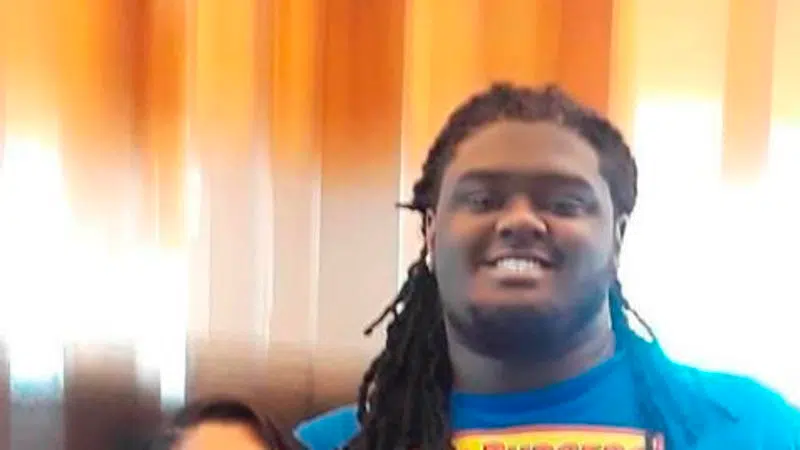
Emails show chaos before Kansas player’s death
WICHITA, Kan. — The assistant football coach at a Kansas community college told officials a 300-pound defensive lineman who died of heatstroke after practice was “making a stressful moan” when he arrived to help, but rather than immediately dial 911 he called the head coach “for instruction to see how we wanted to handle the situation.”
That account and others from emails The Associated Press obtained through an open records request detail a chaotic nearly 25-minute period last August between when teammates found 19-year-old Braeden Bradforth in an alley outside his dorm and when paramedics finally were contacted.
“The fact that (the assistant coach) determined he was in visible distress was not enough for him to call 911 and get emergency help there immediately, I mean it is just mindboggling — just reckless disregard for this child’s life and it really disturbs me,” said Jill Greene, the attorney for Bradforth’s mother, Joanne Atkins-Ingram.
